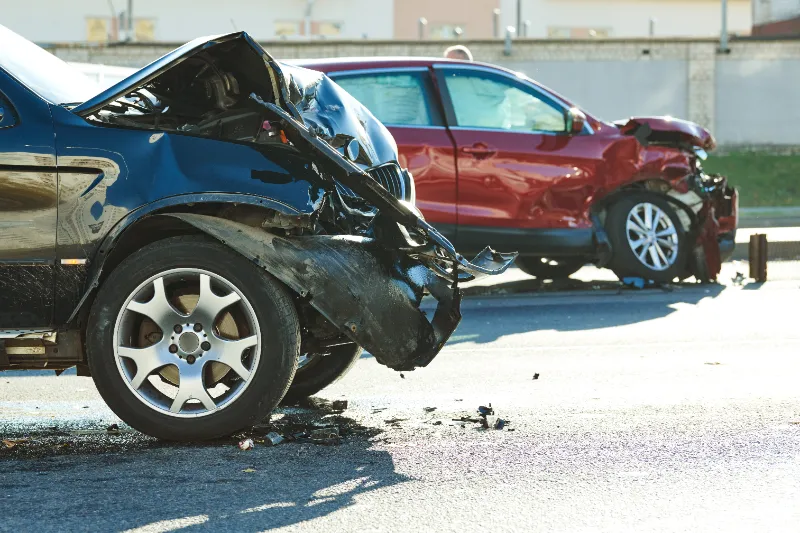
Determining who is responsible for injuries can be complex when a car accident involves someone driving for their job. Ultimately, it depends on many factors, including the classification of the driver’s employment and the scope of their work.
These factors involve several legal principles, including the doctrine of respondeat superior and the concepts of negligent entrustment, hiring, retention, and supervision. Here’s a breakdown of these concepts in a work-related car accident.
Understanding Employer Liability in Arkansas
In the context of work-related car accidents, understanding who is responsible depends on the specific circumstances of the incident. Was the driver doing a work-related task? Were their actions reasonable? These are some of the questions that arise in this kind of case. Generally, the answers to these questions manifest into one of three types of employer liability.
Vicarious Liability or Respondeat Superior
In Arkansas, as in many other states, employers can be held liable for accidents caused by their employees under certain conditions. This is primarily through the legal doctrine known as “respondeat superior” (Latin for “let the master answer”). This principle allows an injured party to hold an employer responsible for the actions of its employees, but only if the driver:
- Acted within the scope of employment;
- Completed the work as an employee and not an independent contractor;
- Caused the accident while doing something to benefit their employer; and
- Drove negligently at the time of the accident.
In this type of case, it’s the plaintiff’s burden to show all of these factors. In addition, you must prove that the driver acted negligently, which requires showing:
- Duty of care,
- Breach of duty,
- Causation, and
- Damages.
You must not only prove that the company driver was doing their job at the time of the crash, but also broke traffic laws and caused your accident, making a work-related car accident more complex than a typical accident claim. Of course, if you are the driver who was on the job, this type of employer liability likely won’t apply to your case.
For example, assume that you weren’t working and were running personal errands with the company car. In this case, you may be personally liable rather than your employer. The driver is personally liable because running personal errands wouldn’t be within the scope of work.
Negligent Entrustment
Negligent entrustment occurs when an employer provides a vehicle to an employee who is unfit to drive. In other words, the employer knew or could have reasonably known that the employee couldn’t drive. However, it doesn’t apply if the employer did not know the employee was unfit.
For instance, if a company is aware that an employee has a history of DUI charges and allows them to drive, they can be held liable if the employee causes a crash. The critical factor here is the employer’s knowledge of the risk.
So, how could this argument work for an employee who gets injured while driving the company car? If, for example, your employer insists that you drive the company vehicle even if you tell them that you can’t, they might be liable.
Negligent Hiring or Retention
Negligent hiring and retention involve situations where an employer either hires or continues to employ someone they know, or should have known, poses a risk of causing harm to others.
Negligent hiring is quite common with companies that don’t perform background checks. If this oversight leads to a work-related car accident, the company may be responsible for not adequately vetting the employee. Similarly, negligent retention refers to an employer’s decision to keep an employee on the payroll despite a propensity for risky behavior.
For example, if an employer ignores complaints about an employee’s reckless driving and the employee causes a company car accident, the employer could be liable for negligent retention.
Cottrell Law Office Can Help Determine Who Is Responsible in Work-Related Car Accidents
Accidents with a company vehicle are often complicated. Don’t try to handle the claims process on your own if you get injured on the job. At Cottrell Law Office, we take immense pride in championing the rights of those affected by work-related car accidents.
Managing Partner Wesley Cottrell has decades of experience representing car accident victims. Choosing Cottrell means securing a partner equipped with the knowledge, experience, and resources necessary for complex cases involving a work vehicle.
When you’re prepared to take the next step, contact us for a free consultation. Let’s discuss how we can support you and your recovery.


